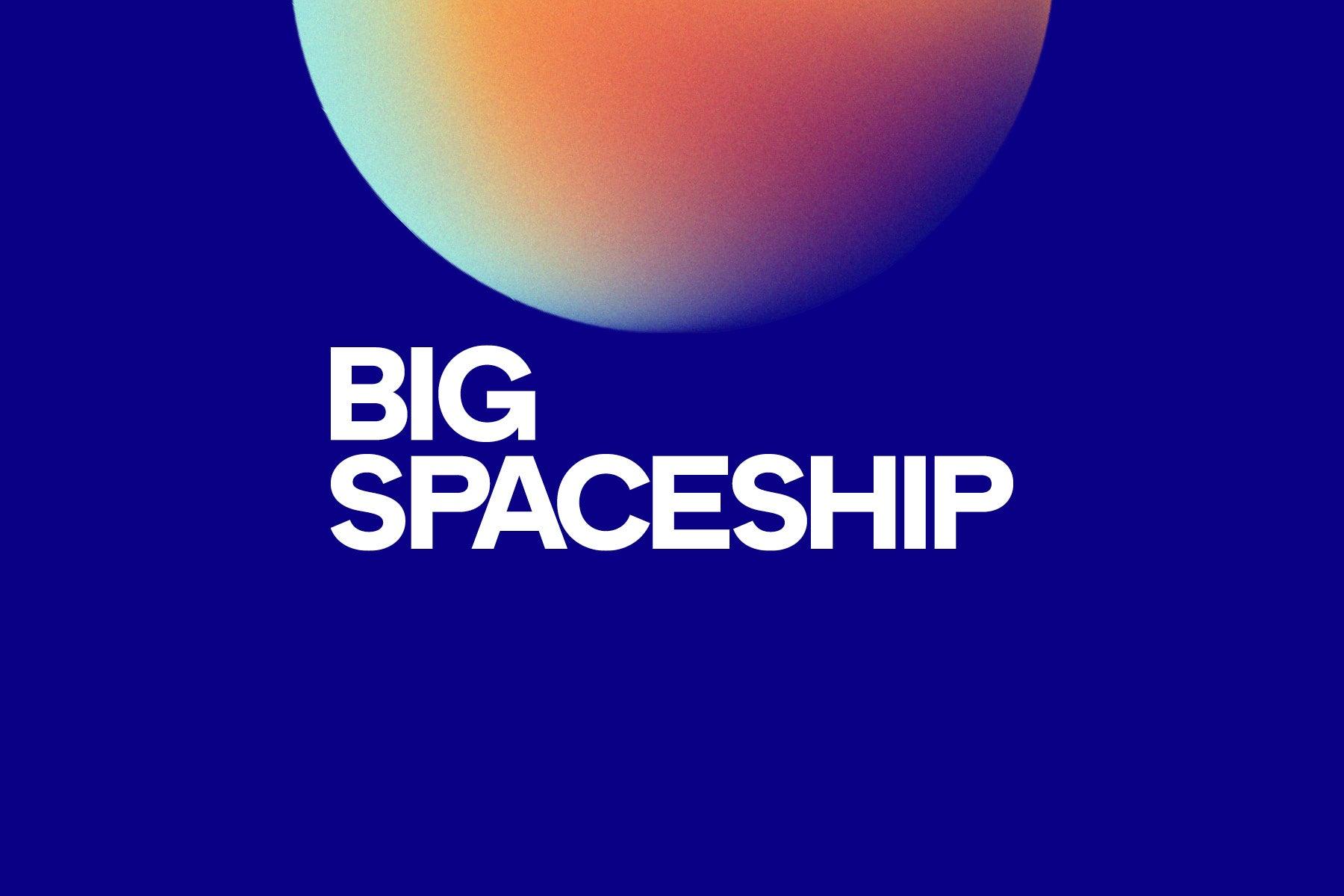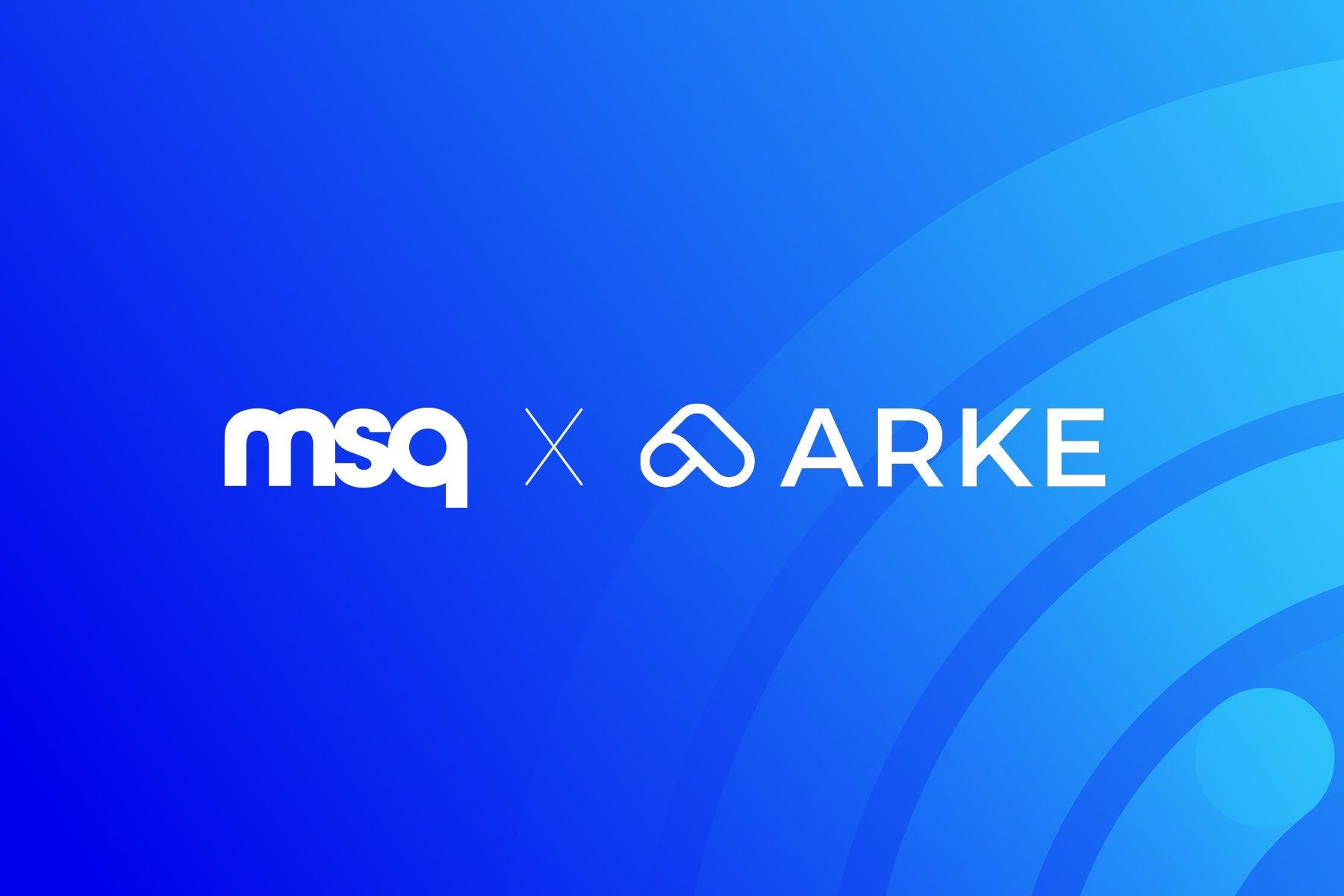 Home Page
Home PageCan brands & agencies keep up with procurement’s Ai revolution?

On 25th and 26th March, MSQ attended Europe’s Marketing Procurement iQ Conference in London for the second year running. Over two packed days, global brands, agencies and industry leaders shared fresh insights on where procurement, creative production and media management are headed next.
Throughout the event, three overarching themes emerged: Ai, re-convergence and integration, underpinned by data and effectiveness. As one speaker put it, businesses need to “lead with effectiveness now because it’s going to get a whole lot harder in the agentic era.”
Didn’t catch the conference? Don’t worry. Our very own Executive Director Kate Howe was there to soak up the action, and here's here full recap of the event’s takeaways, including the new trends set to shape the future of our industry...
The re-convergence of media and creative
With Ai enabling unprecedented levels of speed, automation and personalisation, speakers agreed that creative and media convergence will unlock greater full-funnel effectiveness. Automation is freeing up budget, but only brands with the right systems in place can reinvest it for higher-quality, more impactful work.
As a result, the biggest HoldCos are racing against Big Tech to build platforms that can create and distribute content quickly, cheaply and easily. Production companies are increasingly combining creative and production by optimising halo content for all channels, with high-end creative oversight ensuring that craft doesn’t get lost in the rush. According to Haleon, a leading consumer health company, brands who achieve optimisation at scale can unlock five times greater returns, provided long-term brand building remains coherent and accountable.
In contrast, mid-sized HoldCos are carving out more focused offerings that take on specific chunks of business with agility and expertise, especially in the social space. Media agencies are also evolving into platform integrators and product vendors, embedding their Ai-enabled data and proprietary tech platforms into global clients’ martech stacks.
With martech fees where £1m+ is up for grabs, media agencies must design eco-systems that enable brands to make fast, informed, data-driven decisions.
Breaking down silos—brand and agency side
A recurring theme was the challenge brands face in defining their in-house responsibilities. Silos across marketing, IT, finance and legal departments often slow down progress and make it difficult to implement the processes needed for integrated agency partnerships.
Procurement teams in particular are feeling the strain. With the rise of Ai-fuelled developments in personalisation, influencer, retail media and more, on top of legacy disciplines, they’re expected to manage broader scopes and more complex contracts, often without additional resources.
One brand described consolidating into a single network a year ago but still not signing the master service agreement due to ongoing complexity. Others are taking a more iterative approach: testing with suppliers via side projects, learning what works and avoiding large-scale disruptions to BAU while they undergo their own internal culture changes.
This theme of experimentation and test-and-learn partnerships saw experts advising brands to “pick a supplier, set some goals and learn”, rather than waiting for perfect conditions.
Siloes also surfaced in the debate around big HoldCos. A new MediaSense report challenged the myth that consolidation into one HoldCo solves integration problems, claiming they are “not a silver bullet… the hard work of integration remains broadly the same when breaking down operational silos that exist between their agency networks across markets.”
Whether brands are consolidating or seeking best-in-class partners, the takeaway was clear: agency partners must be built to work collaboratively across disciplines, tech stacks and workflows.
That’s why many brands are exploring more modular ecosystems, drawing on specialist suppliers across creative, production, data and media, built like one team. This is MSQ’s model in action: expert capabilities across the full customer journey, delivered by people who are used to working as one connected, collaborative group.
The new equation for agency value
Another shift is in how agency value is defined. While cost reduction is still part of the procurement agenda, there’s growing awareness that driving down fees often leads to reduced impact, a trade-off most brands are no longer willing to make.
Instead, value is being measured through a new lens: one that combines original, disruptive thinking with technology, automation, production transcreation and personalised content. Attendees agreed that any savings should instead come from Ai optimisation and be reinvested into innovation. Marketing consultancy Flock spotlighted one HoldCo consolidation delivering £1m client savings over three years, and another where reconvergence alone is unlocking savings of £100k+.
Meanwhile, the conference noted that the benefits of decoupling creative and production are declining. A third of brands now have direct relationships with platforms, while production resources are increasingly directed towards social media and away from traditional channels.
There’s also been a 33% increase in offshoring for adaptation and transcreation work, and a drop in in-housing via direct talent hires. Instead, many brands are turning to embedded partners like Oliver and ITG to deliver more flexible capability.
This is part of a broader move from supplier selection to supplier enablement—a trend highlighted in a new report from ISBA & Media Sense. At the conference, Flock referred to it as the “tech and talent ecosystem”, where advanced clients decide what they want technology to do, what they want humans to do, and what they want to keep in-house vs outsource.
Building for the era of convergence
While many brands admitted they’re still on the journey towards optimisation, most expect to have their own Ai-enabled convergence and integration use cases live by the end of 2025. What’s clear is that the future lies in connected teams, modular solutions and agency partners who are flexible, agile, silo-free and tech-enabled.
At MSQ, we’ve always believed that effective marketing demands both brilliant people and smart systems. That’s why we’ve built a model that brings talent, tech, data and delivery together: one that’s modular, scalable and seamlessly integrated from the start.
Further reading



